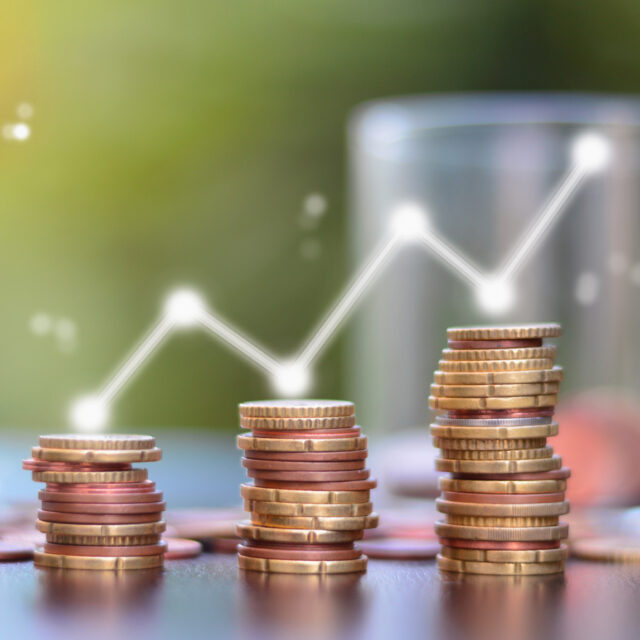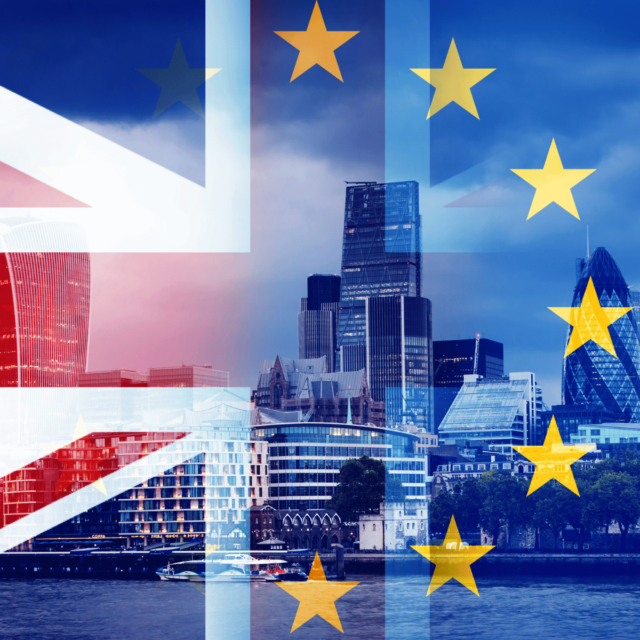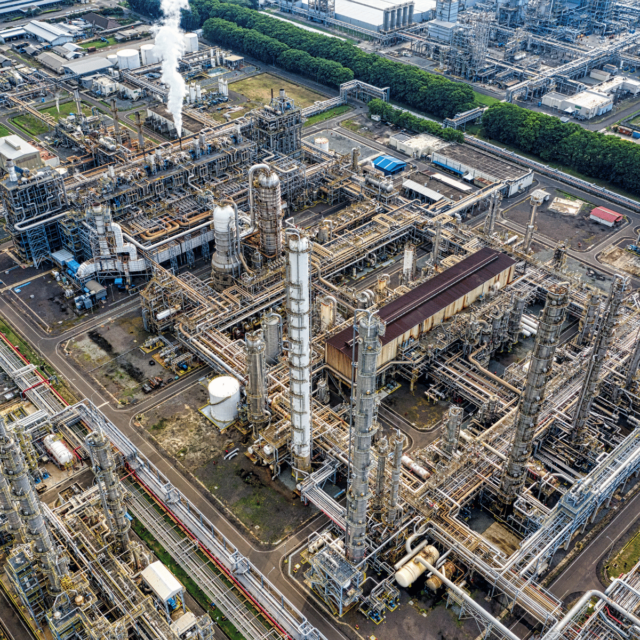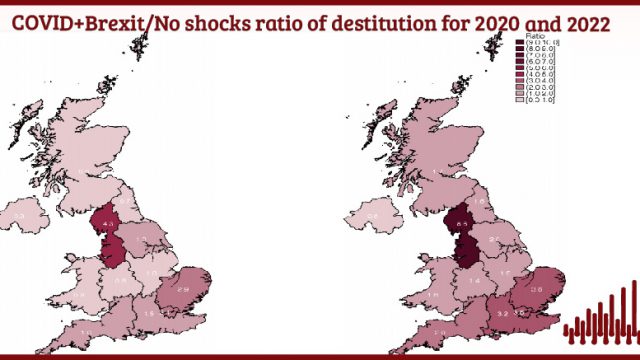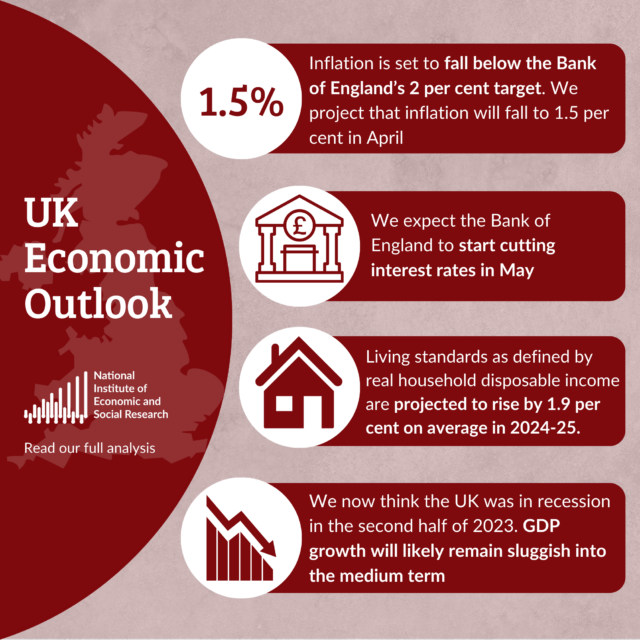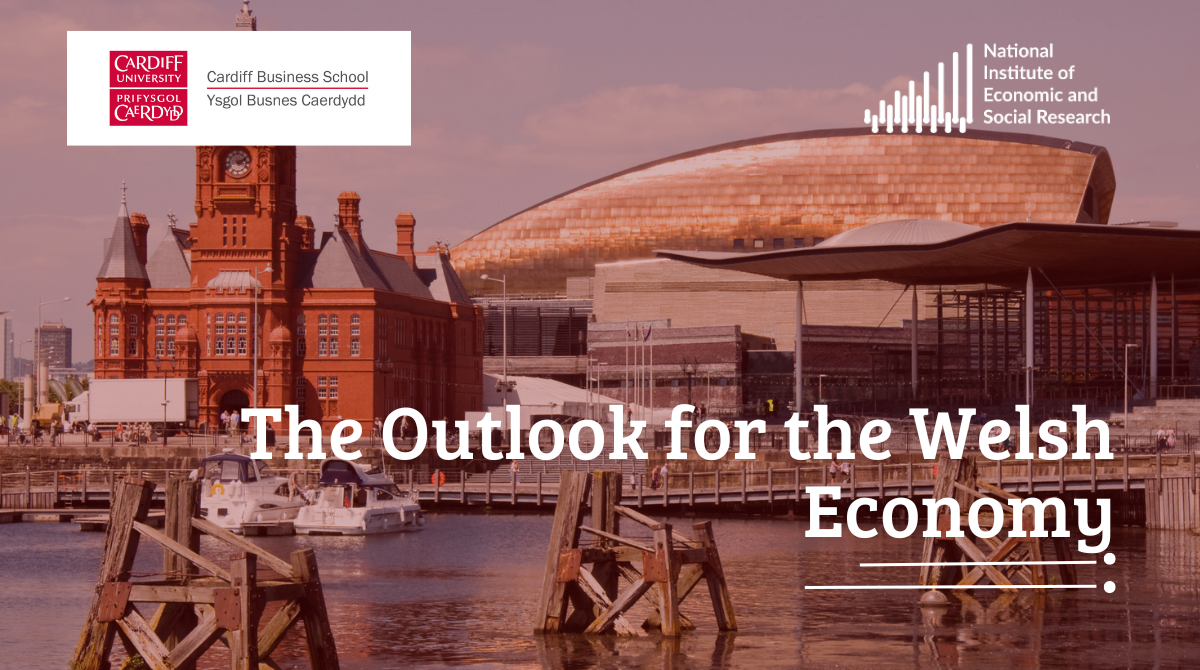Global value chains after COVID-19 and BREXIT: Is it the end of the world as we know it?
The world is undergoing an unprecedented shock as a result of the Covid-19 pandemic and the widespread lockdowns. As major world economies are being put on hold, millions of jobs and incomes are being lost, which has created an imperative for economic policy actions to counteract the falls in demand and increased market uncertainty.
.jpg)
The world is undergoing an unprecedented shock as a result of the Covid-19 pandemic and the widespread lockdowns. As major world economies are being put on hold, millions of jobs and incomes are being lost, which has created an imperative for economic policy actions to counteract the falls in demand and increased market uncertainty. Government healthcare responses have so far been aimed at containment, intended at slowing the rate of infection and limiting social and work-related interactions, accompanied by fiscal and monetary policies to support businesses and protect people’s incomes. Despite these far-reaching measures, it has become apparent that countries, regions, industries, and socio-economic groups will be unevenly affected, and the role for policy will need to be closely evaluated.
As Covid-19 constitutes a vivid example of an unexpected shock with global reach, Brexit will continue, once this crisis is over, to shape the domestic and EU economies, as a new economic and political relationship is established between the UK and the EU. Both these events, in sequence and taken together, undoubtedly imply widespread changes to the way in which countries and firms will trade in future decades, recognising the globalised scope of shocks, and the possible revival of protectionist measures coming into frame. Global trade is already expected to fall up to 32 per cent during 2020, according to the World Trade Organization.
In the forthcoming issue of the Review, we explore and illustrate the rise of Global Value Chains (GVCs) over the last few decades, where production has undergone a process of increasing fragmentation across international locations. Many are observing how the increasing protectionism and restrictions to global trade may impede the further development of these global value chains, which account for two-thirds of total trade, and are essential for economic growth. These will affect the competitiveness of domestic producers involved in complex international production networks, and the growth prospects for many middle- and low -income nations which have arguably benefitted the most from globalisation.
Several of the papers in this issue draw attention to the measurement of indirect trade which is necessary to fully understand the effects of a major shock such as that of Covid-19 or Brexit. Value chains create linkages that cannot easily be identified within the traditional trade statistics of imports and exports. For example, an increase in exports may generate only a small change in domestic value added (and therefore GDP) if exports contain a substantial amount of imported value added. Some of the papers presented in the forthcoming issue find that as much as one third of value added in the European economy is generated through indirect trade, and that the strong inter-European linkages of trade in intermediates lead to substantial employment generation. Some of the results shown in this issue demonstrate that the UK is more intensively involved in GVCs, both through buying from and selling to third countries, than many have so far realised. In light of Brexit, another of the articles estimates that changes in trade costs will have important implications for domestic competitiveness of UK firms. Tariffs on intermediate products can be especially harmful for multinational companies, as in their complex production processes, components may cross borders several times and thus the burden of tariffs can accumulate heavily.
The labour market and distributional aspects associated with the rise of GVCs are also of prime interest and were analysed in a workshop hosted at our premises in June 2019, in particular in relation to the sustainability aspects of global value chains, ecology, corporate social responsibility, and the management of risks at different stages of production. In the current economic context, these issues are becoming even more pertinent, with questions on how processes of adding value along such extended and disparate supply chains may be affected by events that lead to the sudden closing of international borders. The significant disruption to supply chains can easily compromise countries’ access to essential products (e.g. medical supplies) or services and is likely to result in rising trading costs, through the introduction and extension of tariff and non-tariff measures in the form of new health and safety standards and checks on goods and people. Businesses involved in global trade will also face a surge in prices of shipping goods across the world, as handling commodities at ports and by air, rail and road is now more expensive.
It is becoming clear that the economic and social consequences of the current crisis will be profound and long lasting, given the extent to which the economic crisis is transmitted not only through domestic policies but through disruptions to global supply chains. To shed light on this, in the same issue, NIESR has assessed the extent to which international trade linkages can amplify a common domestic shock. These estimates indicate that global spillovers through trade linkages could increase the global economic impacts of the Covid-19 shock by around 60 per cent on average. This is a large impact, and not surprising, as we have seen how countries are connected through deep and extensive trade links which increase indirect exposure and are prone to international contagion.
While it may too early to postulate that our current reality is “the end of the world as we know it”, a possible outcome is that the long and sophisticated global supply chains are shortened and reshaped, and other values take a more prominent role. What is seems apparent is that globalisation trends cannot longer ignore certain risks and vulnerabilities. This will surely require a full and integrated cooperation between business leaders, governments and wide community of stakeholders, to plan ahead, and explore new opportunities to address the severe levels of disruption, and, as much as possible, mitigate the long-term consequences for businesses, consumers and the economy as a whole.


